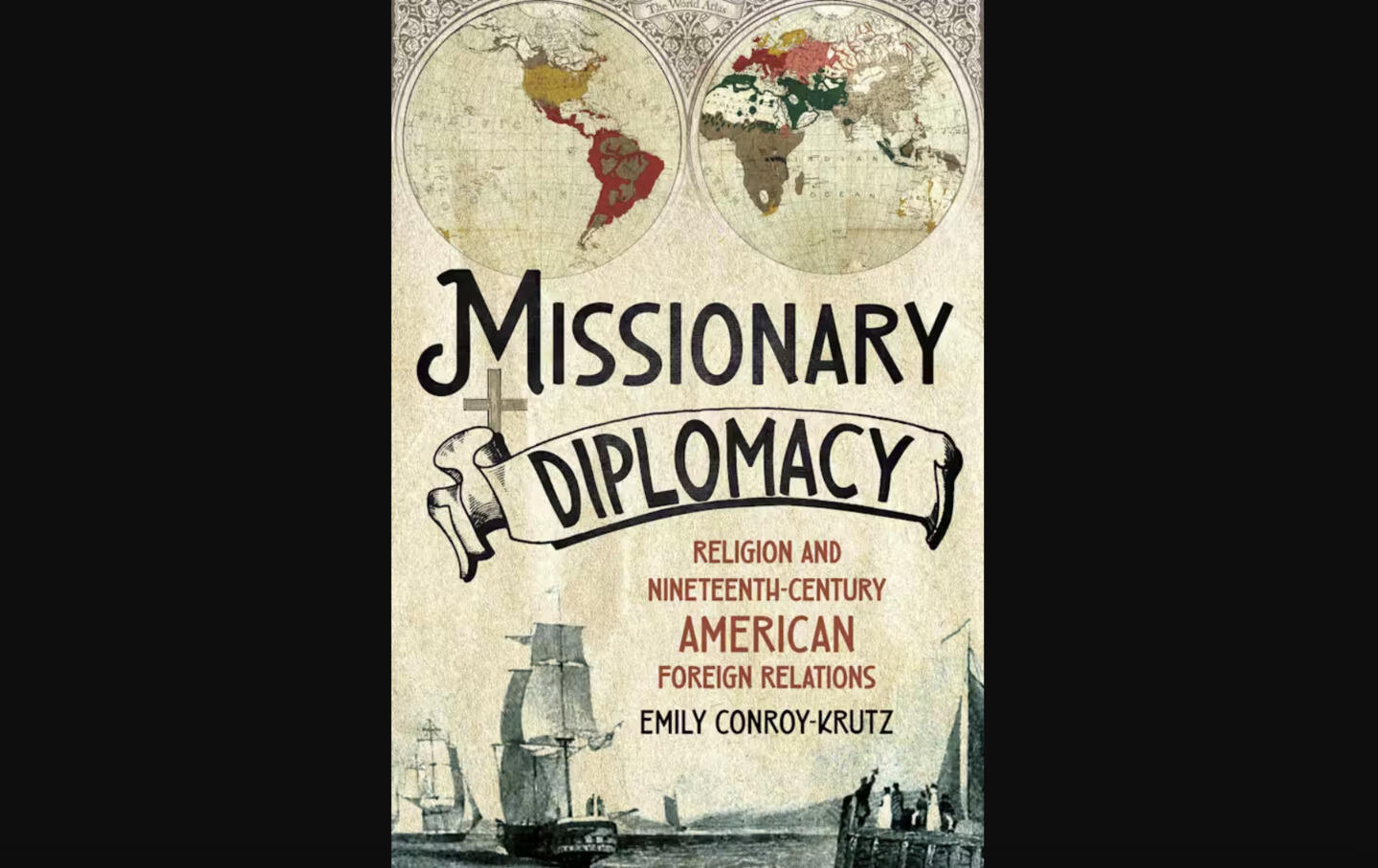The Early Days of Imperial America
On this episode of American Prestige, Emily Conroy-Krutz on the global history of the early American republic.

Here's where to find podcasts from The Nation. Political talk without the boring parts, featuring the writers, activists and artists who shape the news, from a progressive perspective.
On this episode of American Prestige, Emily Conroy-Krutz on the global history of the early American republic.
On this episode of American Prestige, we sit down with Emily Conroy-Krutz, historian of nineteenth-century America specializing in the global history of the early American republic, to talk about the volume she co-edited with Michael Blaakman and Noelani Arista, The Early Imperial Republic: From the American Revolution to the U.S.–Mexican War. They explore the delineation of empire vs. republic vs. nation-state, challenging the narrative of 1898 being America’s imperial turn, settler colonialism and the dispossession of Indigenous Americans, shifting notions of imperialism over time, and how the framing of America as an imperial project from the beginning can better help us understand its history.
You can also grab a copy of Emily’s book Missionary Diplomacy: Religion and Nineteenth-Century American Foreign Relations.
Further Reading:
- Michael Blaakman – Speculation Nation: Land Mania in the Revolutionary American Republic
- Daniel Immerwahr – How to Hide an Empire: A History of the Greater United States
- Paul Kramer
Advertising Inquiries: https://redcircle.com/brands
Privacy & Opt-Out: https://redcircle.com/privacy

Missionary Diplomacy
On this episode of American Prestige, we sit down with Emily Conroy-Krutz, historian of 19th-century America specializing in the global history of the early American republic, to talk about the volume she coedited with Michael Blaakman and Noelani Arista The Early Imperial Republic: From the American Revolution to the U.S.–Mexican War. They explore the delineation of empire vs. republic vs. nation-state, challenging the narrative of 1898’s being America’s imperial turn, settler colonialism and the dispossession of Indigenous Americans, shifting notions of imperialism over time, and how the framing of America as an imperial project from the beginning can better help us understand its history.
You can also grab a copy of Emily’s book Missionary Diplomacy: Religion and Nineteenth-Century American Foreign Relations.
Further Reading:
- Michael Blaakman – Speculation Nation: Land Mania in the Revolutionary American Republic
- Daniel Immerwahr – How to Hide an Empire: A History of the Greater United States
- Paul Kramer

Here's where to find podcasts from The Nation. Political talk without the boring parts, featuring the writers, activists and artists who shape the news, from a progressive perspective.
On this episode of American Prestige, Danny and Derek speak with Jeff Stein, White House economics reporter for The Washington Post, about his series on US sanctions for the Post, "The Money War". They talk about the function of economic sanctions for the US and how that's changed over time, broader cases like Iran to targeted ones like Russian businessman Viktor Vekselberg, how sanctions can "disconnect" war from the public, the humanitarian impact, and more.
Advertising Inquiries: https://redcircle.com/brands
Privacy & Opt-Out: https://redcircle.com/privacy
